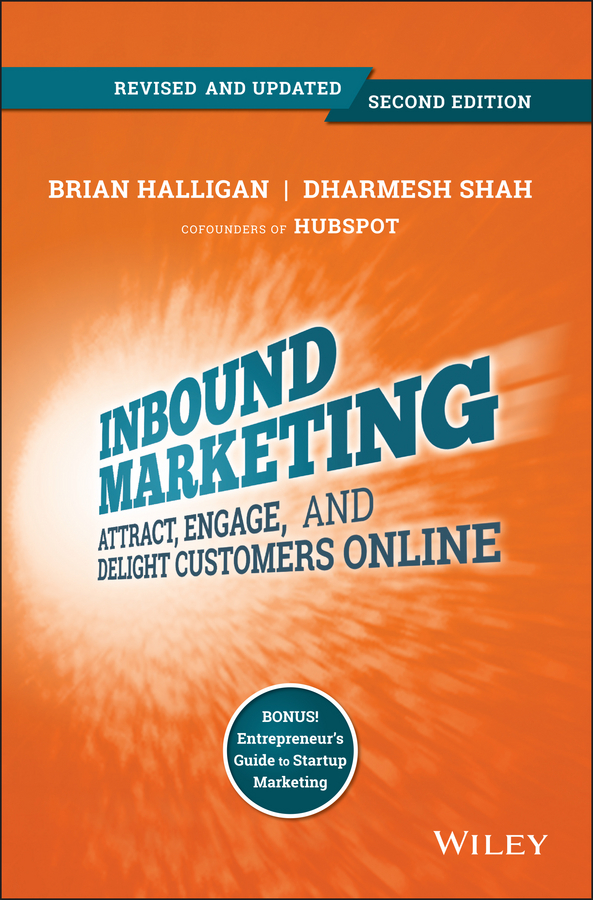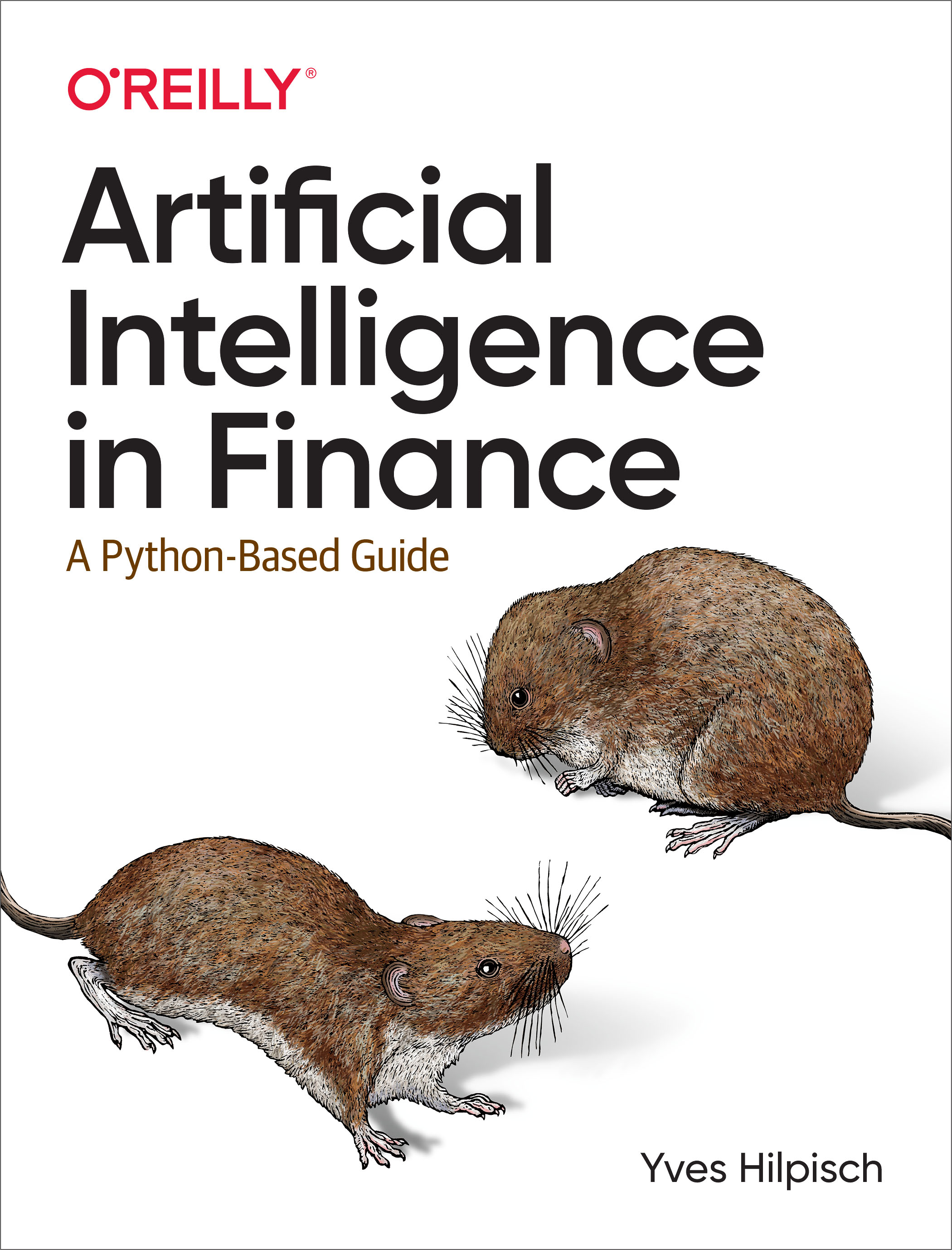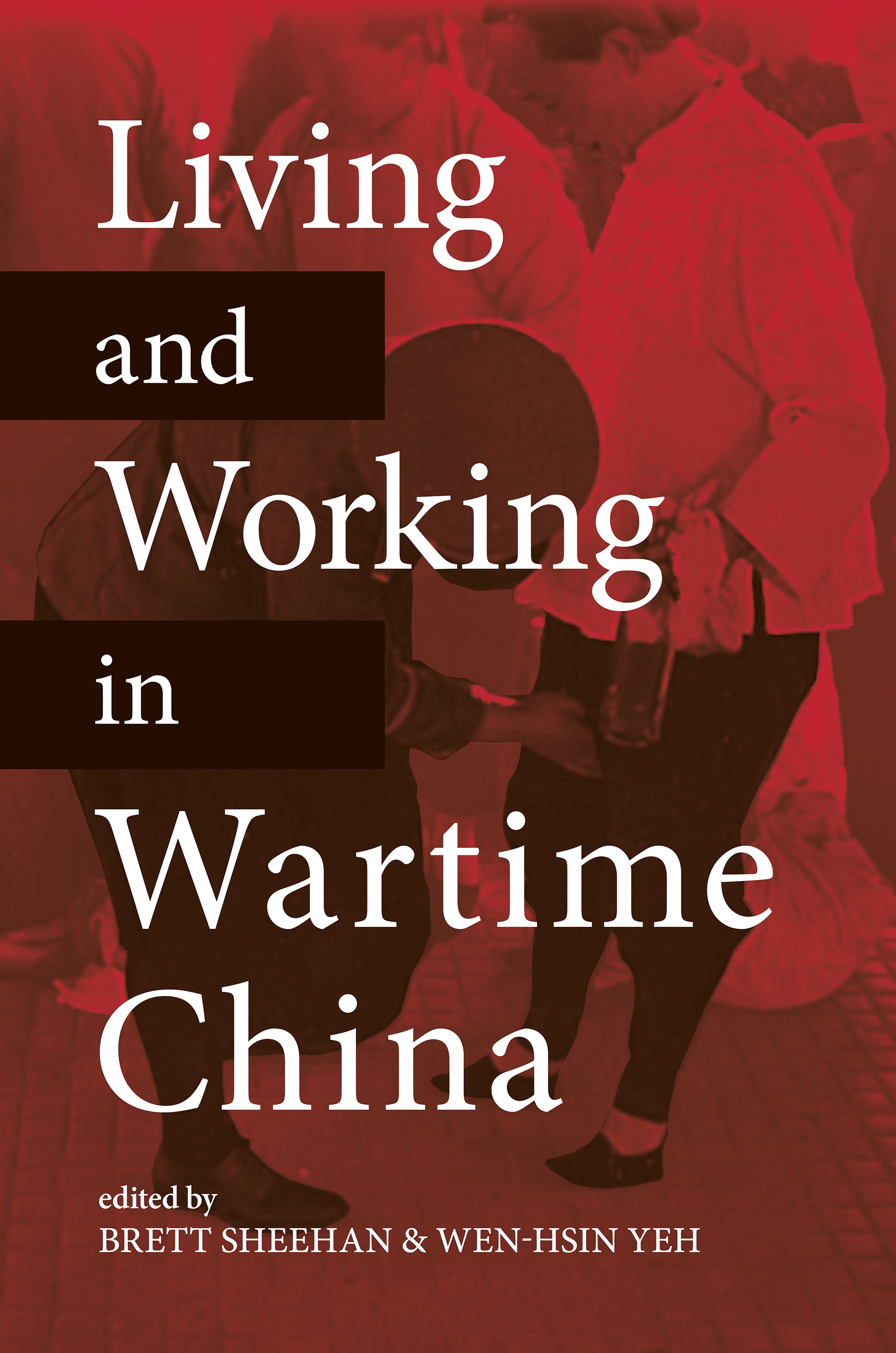It is precisely the kind of highly variable success that Schaeffler KG was forced to endure during its acquisitions of FAG Kugelfischer and Continental, which provides a telling account of the myriad potential consequences of mergers and acquisitions in the automotive supply industry. The global competitive landscape for automotive s- pliers is wholly unique, and not just because its consumers and key customers, the automotive manufacturers, have joined together in an ever-narrowing oligopoly over the last twenty years, nor because the current focus on suppliers is already helping restore an increasingly stable balance of power. Since automotive manufacturers serve international markets, the competitive environment for suppliers has also always been transnational. This becomes all the more relevant when we consider recent shifts in the automotive manufacturing value chain. Meanwhile, some suppliers are producing a higher value contribution during constr- tion of a car than the actual manufacturer. In these situations, international M&A tra- actions seem especially attractive, and should, in actual fact, generate positive reactions on the capital markets. But is that really the case? Studies looking specifically into the long-term success of international M&A transactions have been a rare commodity until now, the current state of knowledge on the success of acquisitions in the automotive supplier industry is even more limited, and the transferability of evidence based on - periences in other sectors is highly questionable.












